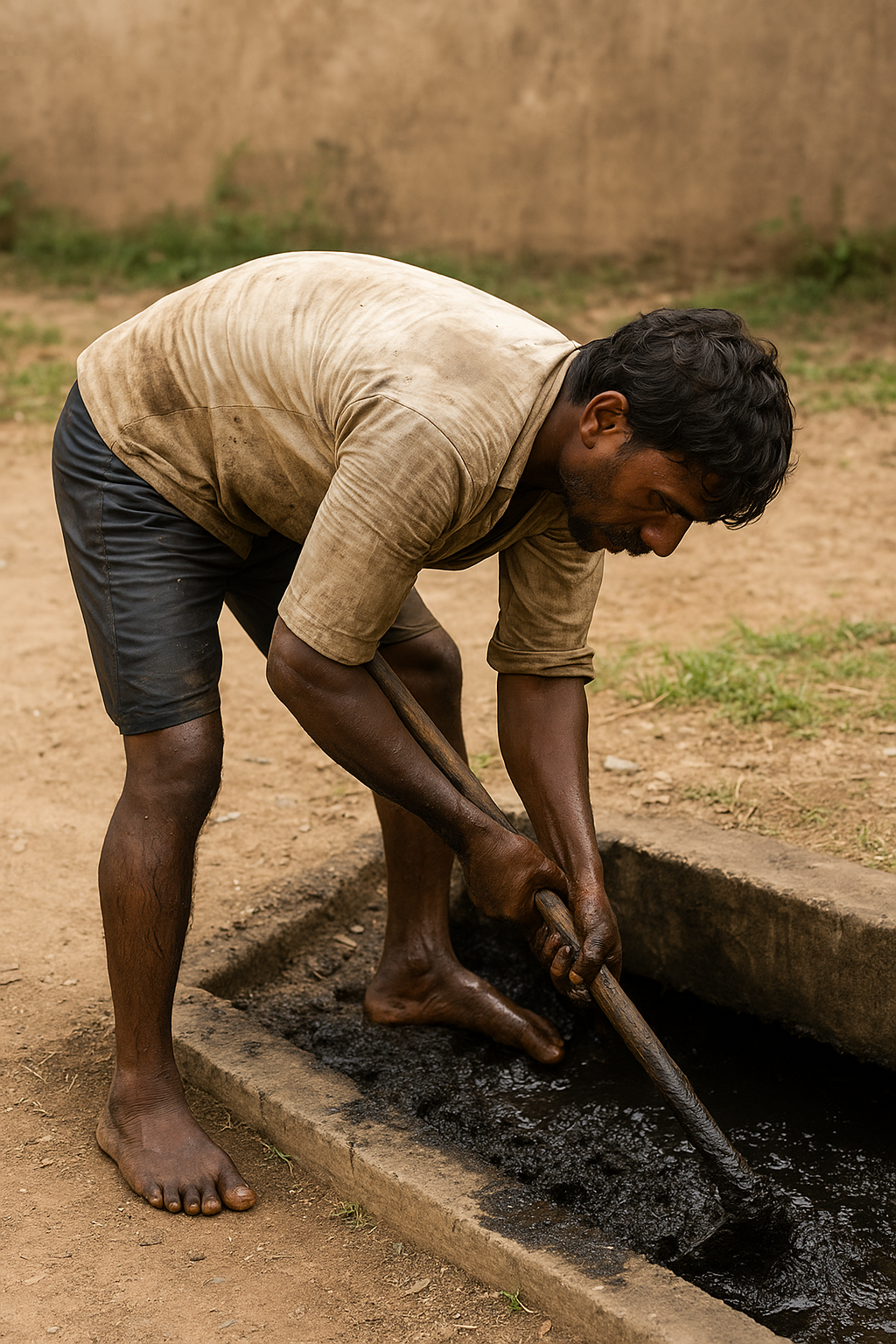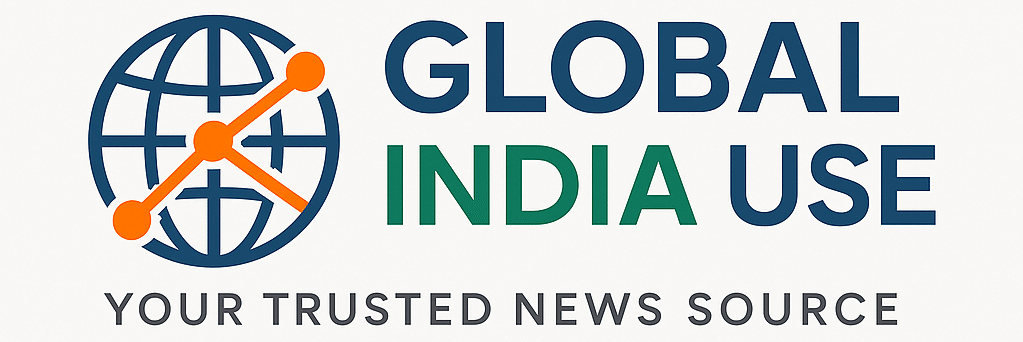No Reports of Manual Scavenging from States and UTs Says Centre
Manual Scavenging in India remains a deeply sensitive issue, yet the central government stated on Wednesday that it has not received any official reports of such cases from any State or Union Territory in recent years. The announcement, made during a written reply in Parliament, raises questions about the ground-level enforcement of the Prohibition of Manual Scavenging Act.

Manual Scavenging in India: States Report Zero Cases
According to the Ministry of Social Justice and Empowerment, no State or Union Territory has reported any new incidents of manual scavenging under the provisions of the 2013 Act, which criminalizes the practice and mandates rehabilitation for affected individuals.
However, activists and independent surveys suggest that the ground reality may be different. Several civil society groups working with sanitation workers argue that the absence of official reports does not mean the problem has been entirely eliminated.
“Just because the reports haven’t reached the Centre doesn’t mean the practice has stopped. It may simply not be getting reported or recorded properly,” said Ramesh Chauhan, a social worker based in Uttar Pradesh who works with sanitation communities.
Numbers Tell a Different Story
While official figures claim no new cases in recent years, deaths during sewer cleaning tasks have continued to be reported in the media. In several instances, workers have died while cleaning septic tanks without safety gear, often hired by private contractors.
Critics argue that many of these deaths are not recorded under manual scavenging because of legal loopholes or lack of proper classification.
“If a person dies inside a septic tank, how is that not manual scavenging? The law is being bypassed by not acknowledging the work as such,” said Aarti Nair, a legal researcher on sanitation rights.
Government Defends Efforts
The government maintains that it is committed to ending manual scavenging in all forms. Under the ‘NAMASTE’ scheme (National Action for Mechanized Sanitation Ecosystem), steps are being taken to replace manual cleaning of sewers and septic tanks with mechanized solutions.
Officials also claim that rehabilitation benefits have been provided to identified manual scavengers in previous years, including financial assistance, skill training, and alternative employment support.
Ground Monitoring Still a Challenge
Experts believe that monitoring at the grassroots level remains a weak link. Many local bodies either lack the systems to report violations or are unwilling to document them due to fear of legal consequences.
“The challenge is not lack of laws — we already have those. The problem is poor implementation and underreporting,” said Prof. Meera Iyer, a sociologist at a Delhi-based policy institute.
Conclusion: The Reality of Manual Scavenging in India
While the Centre’s statement points to progress on paper, the absence of reports does not necessarily mean the issue has vanished. Activists stress the need for better data collection, stronger accountability from local authorities, and continued pressure to end the dehumanizing practice completely.
For now, the government’s claim of “no reports received” may reflect silence in official channels — but not necessarily silence on the ground.
You May Like Also
UK Fighter Jet Finally Set to Leave India After 5-Week Stay
They Lost 17 Years as Bombay High Court Frees All 12 in 7/11 Blasts Case







